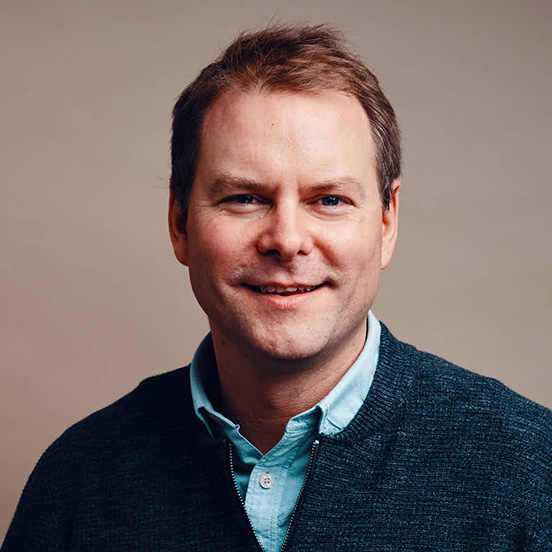Frontiers in embodied AI for autonomous driving

Part of the Special ECE Seminar Series
Modern Artificial Intelligence
Title:
Frontiers in embodied AI for autonomous driving
Speaker:
Jamie Shotton, Chief Scientist at Wayve Technologies
Abstract:
Over the last decade, fundamental advances in AI have driven unprecedented progress across many disciplines and applications. And yet, despite significant progress, autonomous vehicles are still far from mainstream even after billions of dollars of investment. In this talk we’ll explore what’s been holding progress back, and how by adopting a modern embodied AI approach to the problem, Wayve is finally unlocking the potential of autonomous driving in complex and unstructured urban environments such as central London. We’ll also explore some of our latest research in multimodal learning to combine the power of large language models with the driving problem (“LINGO-1”), and in generative world models as learned simulators trained to predict the future conditioned on ego action (“GAIA-1”).
Bio:

Jamie leads Wayve’s Science department, where he guides our research teams to unlock new research breakthroughs, to enable those breakthroughs to have meaningful impact for the business, and to disrupt both our technical and business strategy to ensure Wayve stays at the forefront of innovation.
Jamie has been at the forefront of applied AI research for the past 20 years. Before joining Wayve, Jamie was Partner Director of Science at Microsoft and Head of the Mixed Reality & AI Labs. While at Microsoft, Jamie shipped foundational features for Microsoft’s Kinect (Microsoft’s line of motion sensing input devices) and the hand- and eye-tracking that enable HoloLens 2’s interaction model (smart glasses).
Jamie has a PhD in computer vision from the University of Cambridge and has received multiple Best Paper and Best Demo Awards at top-tier academic conferences. He was elected a Fellow of the Royal Academy of Engineering in 2021.

